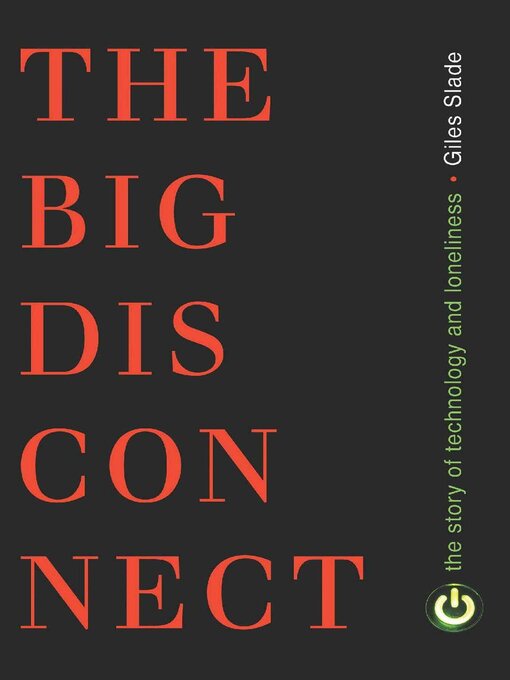- Sibling Stories
- The Big Apple
- May the Fourth Be With You
- How Does Your Garden Grow?
- Curl Up with a Cozy Read
- Judge These Books By Their Covers
- Cozy Animal Mysteries
- Coming to America
- Local Authors and Illustrators
- Mother Continent
- Tour of America
- Monster Mash
- Bans Off Our Books
- See all ebooks collections
- Sibling Stories
- The Big Apple
- May the Fourth Be With You
- How Does Your Garden Grow?
- Curl Up with a Cozy Read
- Judge These Books By Their Covers
- Cozy Animal Mysteries
- Coming to America
- Local Authors and Illustrators
- Mother Continent
- Tour of America
- Monster Mash
- Bans Off Our Books
- See all audiobooks collections
- Home & Garden
- Cooking & Food
- Fashion
- News & Politics
- Sports
- Celebrity
- Business & Finance
- Kids & Teens
- Science
- See all magazines collections

